Your Complete Guide to IVF in Cyprus: Costs, Success Rates, and Laws
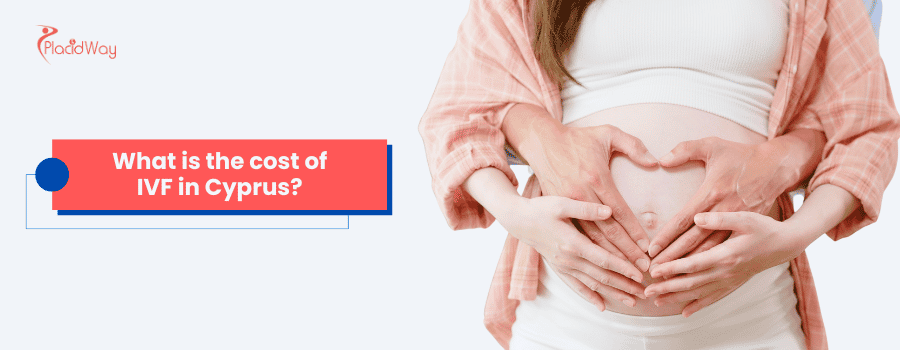
Starting on a fertility journey is a path filled with hope, questions, and the profound desire to build a family. For many intended parents, this path leads to Cyprus, an island nation that has become a leading destination for high-quality and affordable fertility care. IVF in Cyprus offers a unique combination of advanced medical technology, experienced specialists, favorable laws, and a serene environment, making it a beacon of hope for people worldwide. Whether you're just beginning to explore your options or are ready to take the next step, this guide will answer your most pressing questions about IVF treatment in Cyprus.
This comprehensive guide is designed to walk you through every aspect of the process, from understanding the costs and success rates to navigating the legal landscape and choosing the right clinic. We'll delve into the specifics of treatments like egg donation, PGT, and what to expect as an international patient. Our goal is to provide you with the clear, expert information you need to make empowered decisions on your path to parenthood.
Why is IVF in Cyprus so popular?
"IVF in Cyprus is popular due to its winning combination of high success rates, affordable treatment costs, advanced reproductive technologies, and favorable legal framework, particularly for egg donation and gender selection for family balancing."
There are several compelling reasons why thousands of international patients flock to Cyprus for fertility treatment each year. Firstly, the cost of IVF in Cyprus is significantly lower than in many Western countries like the US, UK, and Canada, without compromising on the quality of care. This affordability makes treatment accessible to a wider range of people.
Secondly, Cypriot IVF clinics are known for their high standards and impressive Cyprus IVF success rates. They are equipped with state-of-the-art laboratories and staffed by highly qualified, often internationally trained, fertility specialists. Furthermore, the IVF laws in Cyprus are more liberal than in many other European nations, offering options like anonymous egg and sperm donation and a higher age limit for treatment, which provides more opportunities for individuals and couples facing complex fertility challenges.
What is the cost of IVF in Cyprus?
"The standard cost of IVF in Cyprus for a single cycle typically ranges from €2,500 to €3,500. This price generally includes the IVF procedure itself, but not medications, preliminary tests, or travel expenses."
While this price range is a general estimate, it's crucial to understand what is included in the quoted price. A standard IVF package in a Cypriot clinic usually covers the main procedures, such as ovarian stimulation monitoring, egg retrieval, fertilization in the lab, and embryo transfer.
However, the total cost can increase based on individual needs. Factors that can add to the overall expense include:
- Fertility Medications: These are often the most significant additional cost and can range from €800 to €1,500.
- Pre-treatment Screenings: Blood tests and ultrasounds required before starting the cycle.
- Advanced Techniques: Procedures like Intracytoplasmic Sperm Injection (ICSI), Preimplantation Genetic Testing (PGT), or assisted hatching will incur extra fees.
- Embryo Freezing: If you have viable embryos remaining after your cycle, you may choose to cryopreserve them for future use, which has an associated fee.
How much does IVF with egg donation cost in Cyprus?
"The cost of an egg donation Cyprus cycle is higher than a standard IVF cycle, generally falling between €4,500 and €6,500. This comprehensive cost typically includes the donor's compensation, screening, and all related medical procedures."
IVF with egg donation is a vital option for women who cannot use their own eggs for various reasons. The increased cost reflects the extensive process involved in selecting, screening, and compensating the egg donor, as well as the medical procedures for both the donor and the recipient.
The package for egg donation in Cyprus is often quite inclusive, covering the donor's medication, medical fees, and compensation. For the recipient, it includes the fertilization of the donor eggs with sperm (from a partner or donor) and the subsequent embryo transfer. This makes Cyprus one of the most cost-effective countries for this specific, highly successful treatment.
What are the IVF success rates in Cyprus?
"Cyprus IVF success rates are among the best in Europe, often exceeding 60-70% per cycle, especially when using donor eggs. These rates are high due to the use of advanced technology, high-quality donor programs, and experienced specialists."
Success rates can vary significantly based on the clinic and the specific patient circumstances. For patients using their own eggs, success is heavily dependent on the woman's age and ovarian reserve. For instance, women under 35 generally have a much higher chance of success compared to women over 40.
When it comes to egg donation in Cyprus, the success rates are consistently high because the eggs are retrieved from young, healthy, and fertile donors. This largely removes the age-related barriers to success for the recipient. When choosing a clinic, always ask for their specific success rates broken down by age group and treatment type to get a realistic picture of your potential outcome.
What factors influence IVF success rates?
"The primary factors influencing IVF success rates include the woman's age, the quality of eggs and sperm, the cause of infertility, the expertise of the fertility clinic, and the health and lifestyle of the intended parents."
Understanding these factors can help you set realistic expectations for your fertility journey.
- Age: This is the single most important determinant of success when using your own eggs. Egg quality and quantity decline significantly after the age of 35.
- Embryo Quality: The viability of the embryo is crucial. Advanced techniques like PGT can be used to select the healthiest embryos for transfer.
- Uterine Receptivity: The health of the uterine lining is essential for the embryo to implant successfully.
- Lifestyle Factors: Smoking, excessive alcohol consumption, obesity, and high stress levels can all negatively impact IVF outcomes.
- Clinic and Lab Quality: The experience of the embryologists and the quality of the laboratory environment play a huge role in fertilization and embryo development.
How do I choose the best IVF clinic in Cyprus?
"To choose the best IVF clinic in Cyprus, you should research their success rates, read patient reviews, verify the credentials of their medical team, and ensure they offer the specific technologies you need, such as PGT or ICSI."
Making the right choice of clinic is fundamental to your success. Don't base your decision solely on price. Look for transparency in costs and treatment plans. A reputable clinic will be open about what their packages include and what additional costs you might expect.
Schedule consultations with a few shortlisted clinics. This gives you a chance to speak directly with the medical team, ask questions, and gauge your comfort level. A good clinic will provide personalized care, communicate clearly, and support you emotionally throughout the process. Look for clinics that hold international certifications, like ISO, which demonstrate a commitment to quality and safety.
What are the IVF laws in Cyprus?
"The IVF laws in Cyprus are known for being patient-friendly and liberal. They permit treatment for single women and heterosexual couples, allow for anonymous egg and sperm donation, and have a relatively high upper age limit for female patients."
The legal framework is a key reason Cyprus is a top IVF destination. The laws are designed to be inclusive and supportive of various family-building paths. Both North and South Cyprus have their own specific regulations, but both are generally permissive.
It is important to note that while the laws are liberal, they are also well-regulated to ensure ethical practices. All donors undergo rigorous health screenings, and clinics must adhere to strict standards for laboratory procedures and patient care. This creates a safe and ethical environment for everyone involved in the IVF in Cyprus process.
Is gender selection allowed for IVF in Cyprus?
"Yes, gender selection in Cyprus is legally permitted for the purpose of family balancing. This is a significant draw for many international patients, as the practice is prohibited in most other European countries."
Gender selection is achieved through Preimplantation Genetic Diagnosis (PGD) or Preimplantation Genetic Screening (PGS), now collectively known as PGT. During this process, embryos are genetically tested before being transferred to the uterus. This not only allows for the selection of a specific gender but also screens for chromosomal abnormalities, potentially increasing the chance of a healthy pregnancy.
This option is particularly sought after by couples who wish to have a child of a specific gender to balance their family. It is one of the most distinct advantages of pursuing IVF treatment in Cyprus.
What is the age limit for IVF in Cyprus?
"The official upper age limit for a woman to undergo IVF treatment in Cyprus is 55. However, individual clinics may have their own policies and may recommend using donor eggs for patients over 45 to ensure higher success rates."
While the legal age limit is generous, the decision to treat a patient is always based on a thorough medical evaluation. A clinic's primary responsibility is the health and well-being of both the mother and the potential child. For women in the upper age bracket, doctors will conduct comprehensive health screenings to ensure they are fit for pregnancy.
Using donor eggs is a common and highly successful pathway for women over 45, as it overcomes the natural decline in egg quality associated with age. This flexible approach allows many women to pursue motherhood later in life.
What is the IVF process in Cyprus for international patients?
"The IVF process in Cyprus for international patients is streamlined to minimize travel time. It involves an initial remote consultation, local pre-treatment monitoring, a 7-21 day stay in Cyprus for the main procedures, and follow-up care back home."
The process is designed for convenience:
- Initial Consultation: This is often done via video call. You'll discuss your medical history and treatment plan with the doctor.
- Pre-Treatment: You can typically perform initial tests and start ovarian stimulation injections in your home country, with guidance from the Cypriot clinic.
- Travel to Cyprus: You will need to travel to Cyprus for the final stages of monitoring, the egg retrieval procedure, and the embryo transfer. The required stay is usually between one to three weeks.
- Procedures in Cyprus: The clinic will perform the egg collection, fertilization, and transfer the selected embryo(s) to the uterus.
- Return Home: After the embryo transfer, you can travel home. The pregnancy test is usually taken about 10-12 days later.
How long do I need to stay in Cyprus for my IVF treatment?
"For an IVF cycle, patients typically need to stay in Cyprus for approximately 15 to 21 days. If you are using a fresh donor egg cycle, the stay can sometimes be coordinated to be shorter, around 7-10 days."
The length of your stay depends on your specific treatment protocol. For a standard IVF cycle, you need to be in Cyprus for monitoring the final stages of follicular growth, the egg retrieval, and the embryo transfer, which usually occurs 3-5 days after retrieval.
Clinics in Cyprus are very experienced in managing treatment for international patients and will provide a clear timeline to help you plan your travel. They can often help coordinate accommodation and local transport to make your stay as stress-free as possible.
What is PGT, and is it available in Cyprus?
"Yes, Preimplantation Genetic Testing (PGT) is widely available in Cyprus. PGT is an advanced laboratory technique used to test embryos for chromosomal abnormalities before they are transferred to the uterus, increasing the chance of a successful and healthy pregnancy."
There are three main types of PGT:
- PGT-A (Aneuploidy): Screens for extra or missing chromosomes (e.g., Down syndrome).
- PGT-M (Monogenic/Single-Gene Defects): Screens for specific inherited genetic disorders like cystic fibrosis or sickle cell anemia.
- PGT-SR (Structural Rearrangements): Used when a parent has a known chromosomal rearrangement.
Offering PGT in Cyprus is part of the commitment to using advanced technology to improve outcomes. It is a powerful tool for older patients or those who have experienced recurrent miscarriages or implantation failure.
Can single women and same-sex couples do IVF in Cyprus?
"Yes, IVF in Cyprus is available to single women. For same-sex female couples, one partner can undergo IVF using donor sperm. However, Cyprus law does not currently permit IVF for male same-sex couples or surrogacy arrangements."
The inclusive legal environment makes Cyprus an excellent choice for single women who wish to become mothers using donor sperm. The process is straightforward, and women receive the same high level of care and support.
For lesbian couples, the treatment is also very accessible. One partner can provide the eggs and carry the pregnancy, or one can provide the eggs while the other carries the pregnancy (a process known as Reciprocal IVF), using sperm from an anonymous donor.
What's the difference between IVF in North Cyprus and South Cyprus?
"While both North and South Cyprus offer high-quality IVF, there are slight differences in regulation. North Cyprus is particularly known for its liberal laws regarding egg donation and gender selection. The South is part of the EU and follows its directives, which can be slightly more restrictive."
North Cyprus (the Turkish Republic of Northern Cyprus) has become a major hub for IVF treatment in Cyprus largely due to its very permissive laws. It's a popular choice for anonymous egg/sperm donation and family balancing (gender selection).
South Cyprus (the Republic of Cyprus) is an EU member state and adheres to European tissue and cell directives. While still a great option, its regulations may be slightly less flexible on certain procedures compared to the North. Both regions have excellent clinics with high success rates, so the choice may depend on your specific treatment needs.
Ready to Explore Your Options?
Your journey to parenthood deserves expert guidance and compassionate care. If you're considering IVF in Cyprus, let PlacidWay help you connect with world-class clinics and specialists. Explore personalized, all-inclusive packages and take the first step toward building your family today.


.png)




.png)
.png)
.png)

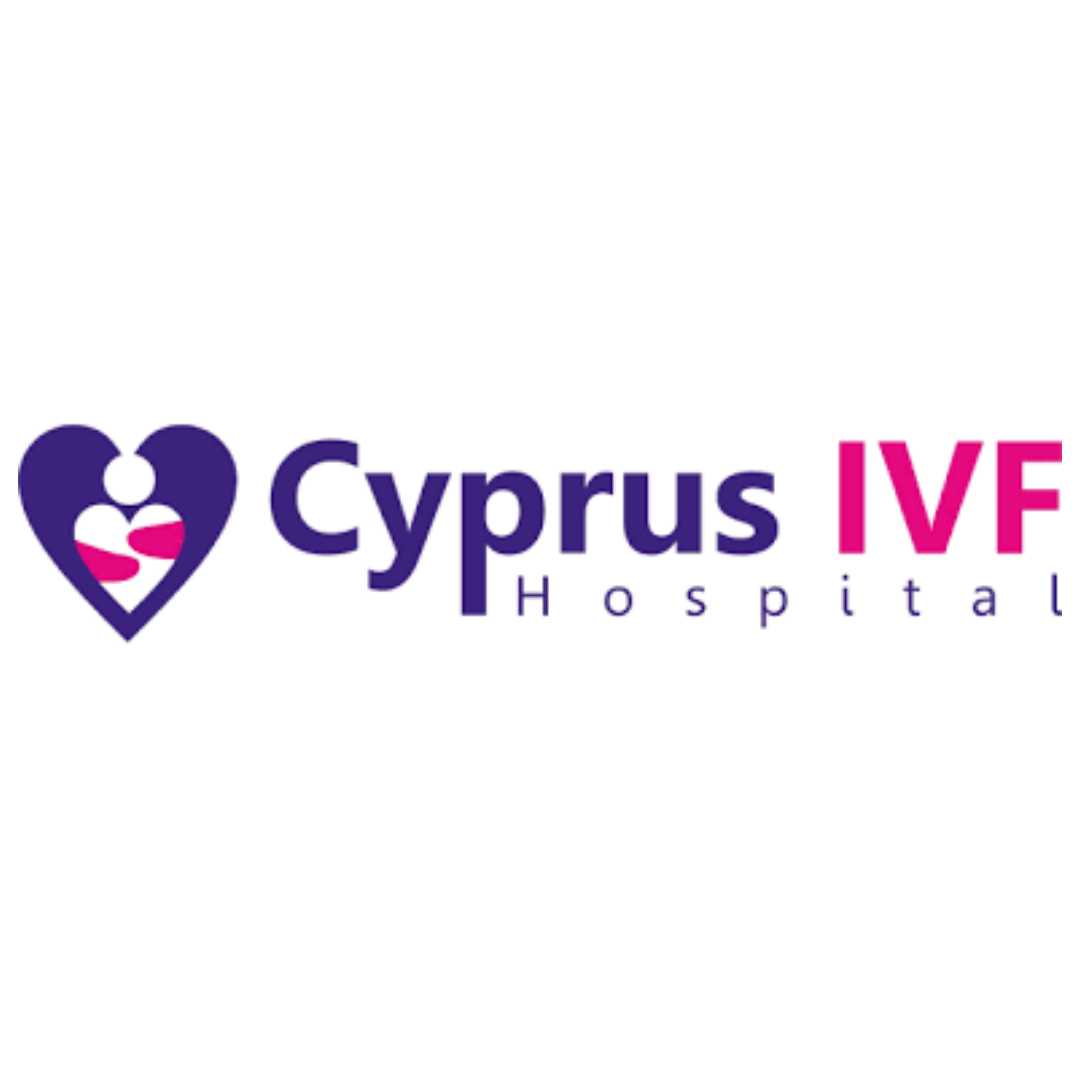
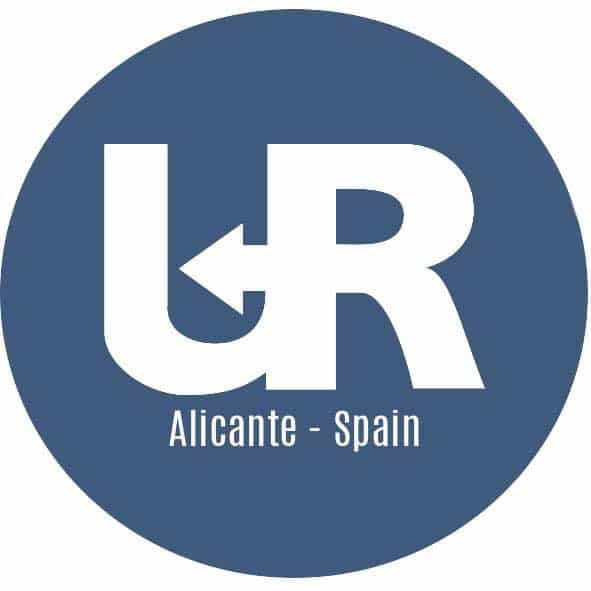

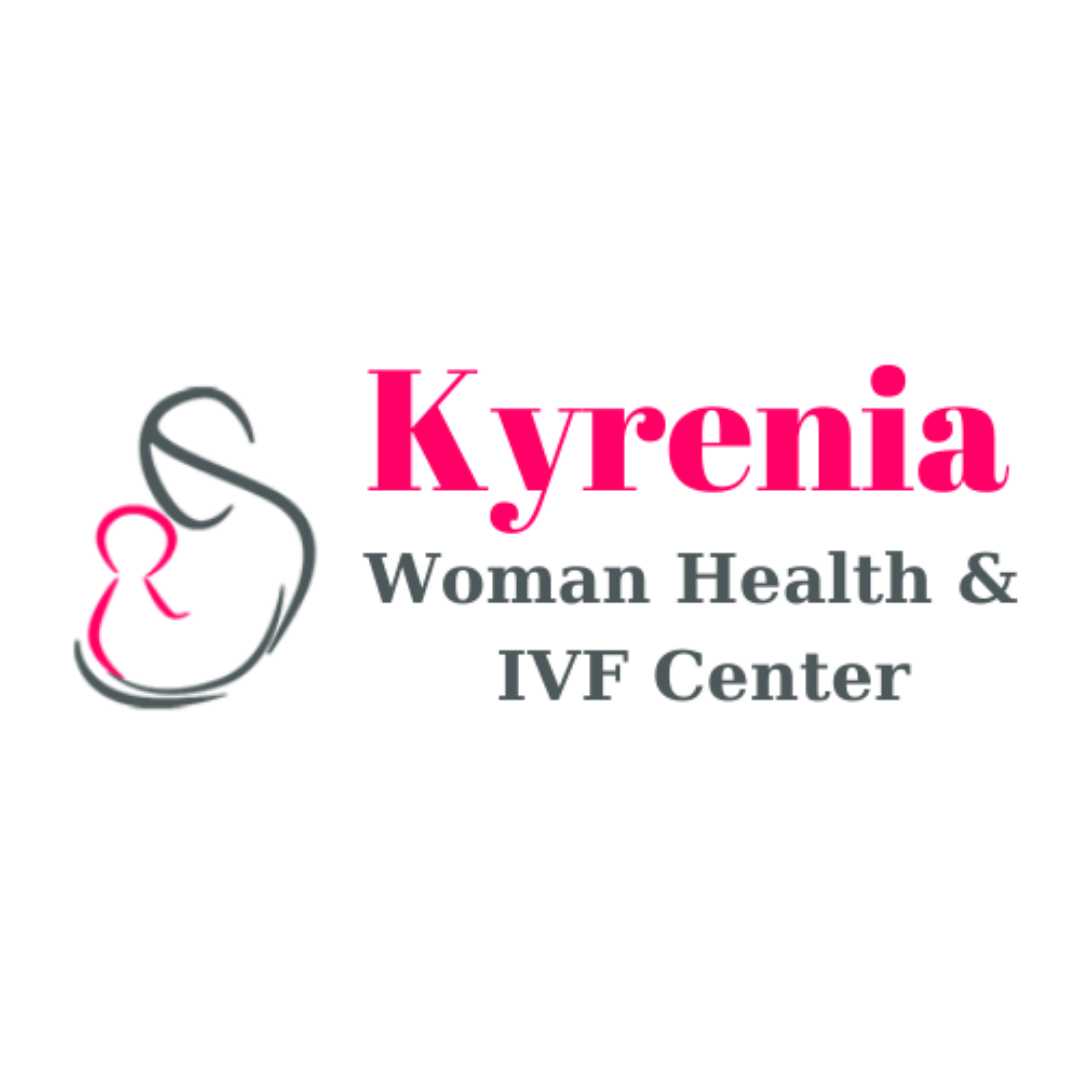
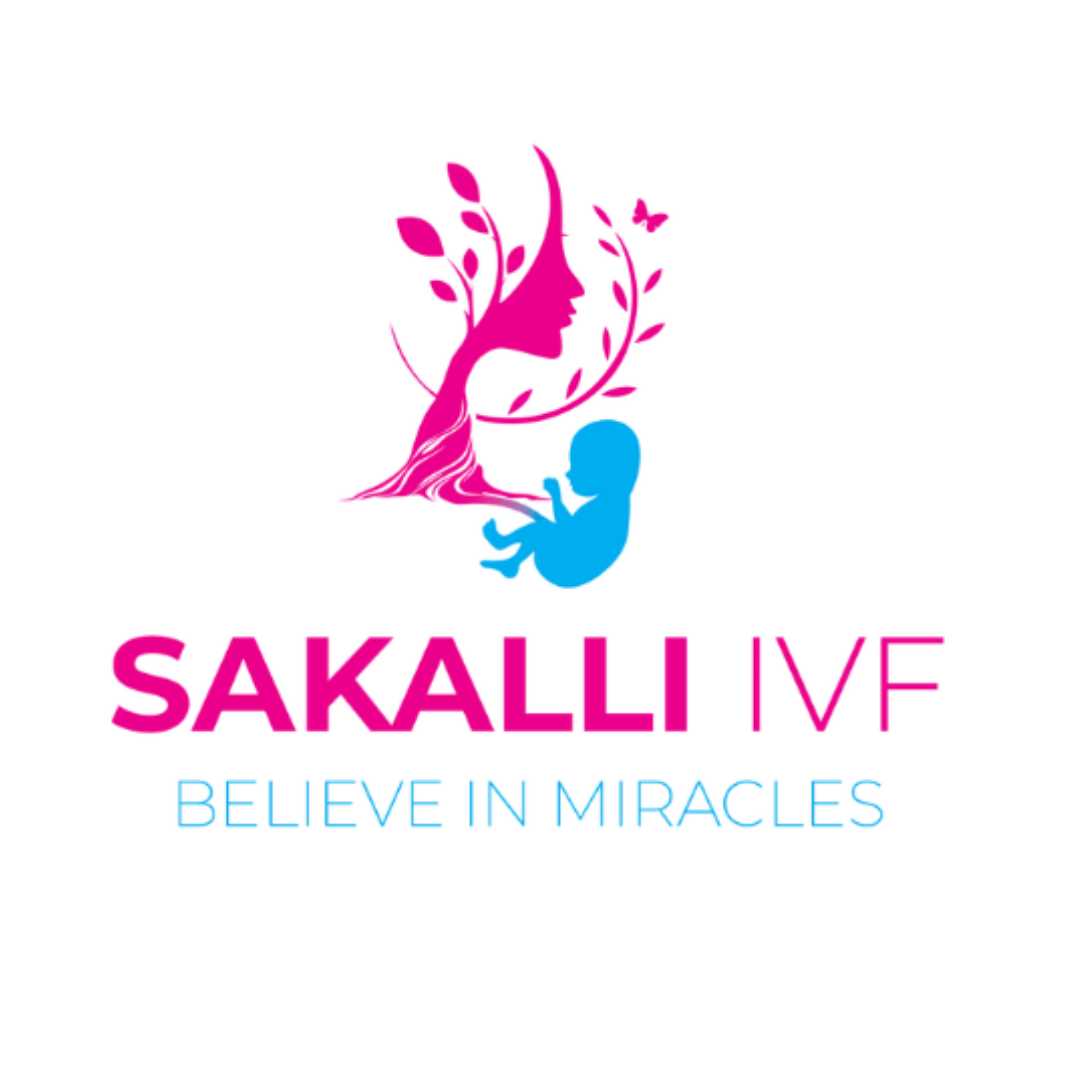

Share this listing